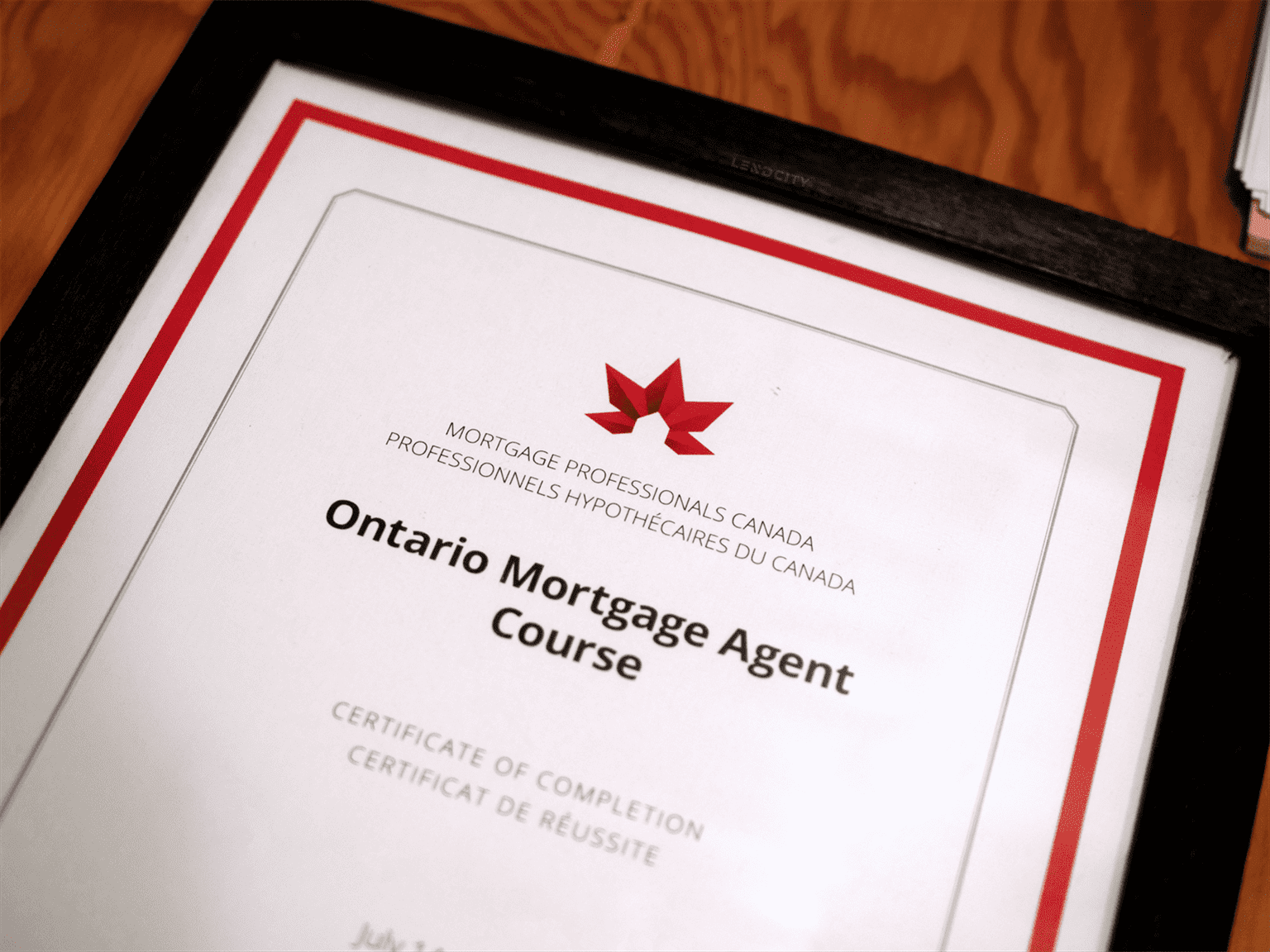Open vs Closed Mortgages - Weighing the Advantages and Disadvantages of Each Tool in 2023

If you’re shopping around for a mortgage to purchase an investment property, you may be wondering what type of mortgage best suits your needs and objectives as a real estate investor.
The two most common standard options are open and closed mortgages. There are benefits and drawbacks associated with both. Whether you opt for an open or closed mortgage ultimately depends on your ability to pay down the loan.
Of course, before we dive into these financing options it is important to take the time to assess and weigh your portfolio to ensure that you are getting the best financing option for you specific financial position. That means sitting down and discussing your goals, finances and existing investments with mortgage professionals that can help guide you in the right direction.
That is why we want to help you by offering a free strategy call with our mortgage team here at LendCity. To book your call today, simply click the link below and get started.
Open vs. Closed Mortgages
Open mortgages are repaid over a relatively short-term period and offer higher, variable interest rates. With an open mortgage, you can pay down the balance of the loan as quickly as you choose.
Closed mortgages, meanwhile, have lower interest rates and longer loan terms. If you attempt to pay off the mortgage before the end of the loan term, however, you’ll have to pay stiff penalties.
If you’re planning on holding the property long-term and using it to generate passive income, a closed mortgage is likely the best option for you. If you’re hoping to sell off the asset in a relatively short period and use it to leverage another investment, an open mortgage may make sense.
Defining a closed mortgage
Closed mortgages are the most common types of mortgages most homeowners and first-time real estate investors use to finance their property purchases.
Depending on your credit, the price of the property and other determining factors, most closed mortgages feature 25 to 30-year loan terms with fixed interest rates between 3 percent and 5 percent.
Closed mortgages offer stable monthly payments you can easily use to factor your business expenses and calculate your actual income and cash flow. In most cases, closed mortgages impose financial penalties if you attempt to pay down the balance of the loan in addition to your scheduled monthly payments.
In most cases, closed mortgages allow you to pay down a maximum of 15 percent of the value of your loan within a calendar year. The exact terms are laid out in your loan agreement.
If you’re not expecting a sudden windfall of cash, or if you’re not planning on selling your investment property at any time soon, the closed mortgage model is likely right for you.
Discover How To Develop Real Estate With This Step By Step Guide
Benefits of an open mortgage
When you agree to an open mortgage, you can pay down or renegotiate the mortgage terms at any time, without worrying about incurring penalties.
The repayment period for most open mortgages lasts between one and five years. The variable interest rate may fluctuate significantly, depending on market conditions, which could lead to relatively unstable monthly payments.
If you’re expecting a cash windfall at some point in the next five years, or if you’re planning to renovate and sell your investment property for a profit shortly, an open mortgage may be right for you.
It’s also important to note, one of the primary benefits of the open mortgage model is its flexibility. If you need to, you can transition to a closed, fixed-rate mortgage with very little issue at any time.
Investment considerations for your mortgage
Purchasing a piece of property as an investment, rather than as a primary residence, often comes with its own unique set of challenges.
When deciding the type of mortgage product that best suits your needs, it’s important to consider the different factors that may affect your investment down the road.
Many lenders view investment properties as extra risky. This means that you might not be eligible for traditional mortgage rates with your investment property. Lenders usually charge you a higher interest rate on a rental property. Additionally, many lenders will want to see larger down payments on rental properties – usually exceeding 30 percent.
There are also tax considerations to take into account. Depending on your tax status and the province in which you and your rental property are located, you may be subject to special investment taxes. Or, if you sell your property at a profit, you may have to pay a steep capital gains tax.
Ultimately, both open mortgages and closed mortgages have several benefits that make sense for different types of investors. It’s advisable to discuss your mortgage options with a financial expert before deciding which type of product is right for you, given your financial situation and objectives.
Speak to an expert mortgage lender
If you are unsure what option is best for you, I recommend you speak to our team of mortgage experts at LendCity Mortgages. They specialize in working with Real Estate Investors and can help you figure out the best option for you! Reach them at the link above or by calling 1-519-960-0370. Alternatively, you can click the link the link below to book a free one-on-one strategy call to discuss the pros and cons of all sorts of financing options today. That way you can rest easy knowing that you are getting the financing product that is best suited to you and your investments, every single time.
